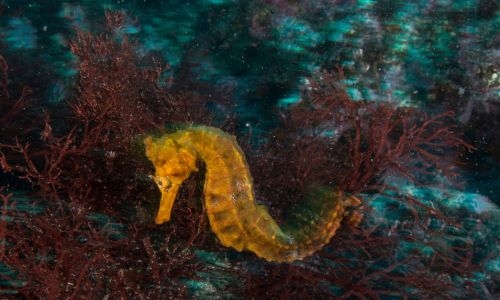The Supreme Council for Environment in Bahrain has recently launched a new online service for international trade in endangered species, available through a dedicated portal. This initiative aims to enhance and simplify the permitting process for CITES regulated species. Through this new online platform, individuals can electronically submit applications for the import, export, and re-export of endangered species. This system represents a significant upgrade from previous methods, as the older system has been decommissioned for new applications. However, existing applications submitted through the old system will still be processed.
The online platform covers a wide range of endangered flora and fauna, including birds (falcons, owls), mammals (elephants, lions, tigers), reptiles (iguanas, monitors, crocodiles), marine life (sea horses, dugongs, dolphins), and plants (cacti, orchids, agarwood). All of these species are subject to CITES regulations. When exporting live animals, individuals may need additional permits from relevant Bahraini authorities, such as veterinary permits. Moreover, all shipments must comply with International Air Transport Association regulations. Personal trade is limited to a maximum of two specimens. Overall, the online system is expected to enhance efficiency and transparency in international trade, ensuring compliance with CITES regulations and contributing to conservation efforts in Bahrain.
By digitizing the application process for permits related to CITES regulated species, Bahrain’s Supreme Council for Environment is making significant strides towards modernization and efficiency. The new online platform allows individuals to easily and quickly submit applications for the import, export, and re-export of endangered species. This represents a major upgrade from the previous methods, as the older system has been replaced for new applications. However, existing applications submitted through the old system will still be processed, ensuring a smooth transition for users.
The range of species covered by the online platform is extensive, including various birds, mammals, reptiles, marine life, and plants. Each of these species is subject to regulations set by CITES, highlighting the importance of ensuring compliance when dealing with endangered wildlife and flora. When exporting live animals, individuals may need additional permits from relevant Bahraini authorities, such as veterinary permits, to ensure the welfare and safety of the animals in transit. Moreover, shipments must adhere to regulations set by the International Air Transport Association, further emphasizing the commitment to responsible trade practices.
In addition to streamlining the process for international trade in endangered species, the online platform aims to improve efficiency and transparency in managing such transactions. By digitizing the application process, the Supreme Council for Environment is creating a more accessible and user-friendly system that promotes compliance with CITES regulations. Furthermore, the platform contributes to broader conservation efforts in Bahrain, ensuring the protection and preservation of endangered species for future generations. Overall, the new online service for international trade in endangered species is a positive step towards sustainable and responsible trade practices in Bahrain.
In conclusion, the launch of a new online service for international trade in endangered species by Bahrain’s Supreme Council for Environment marks a significant milestone in modernizing and simplifying the permitting process for CITES regulated species. This initiative enables individuals to electronically submit applications for the import, export, and re-export of endangered species, thereby streamlining the process and ensuring compliance with regulations. With a wide range of endangered flora and fauna covered by the online platform, including various birds, mammals, reptiles, marine life, and plants, the system demonstrates a commitment to protecting and conserving endangered species in Bahrain. By enhancing efficiency and transparency in managing international trade, the online platform contributes to broader conservation efforts, promoting sustainable practices and responsible trade in the region.










